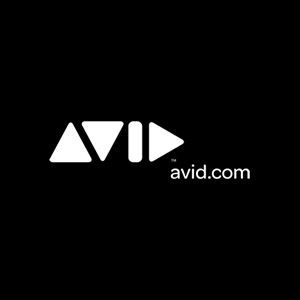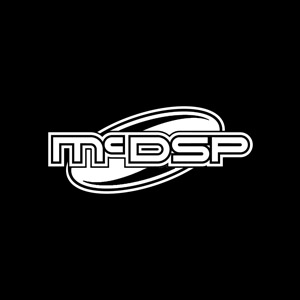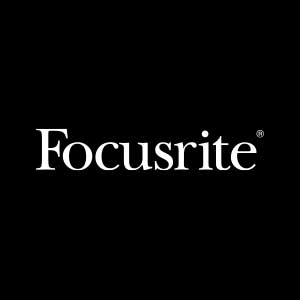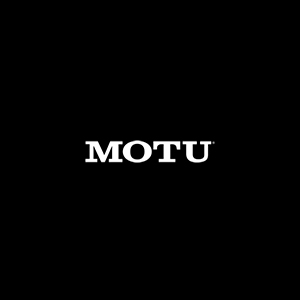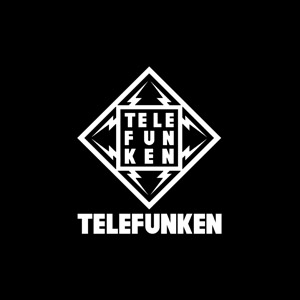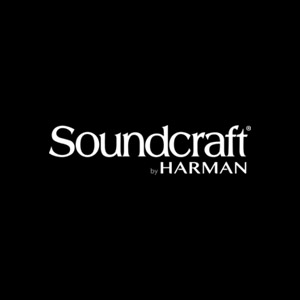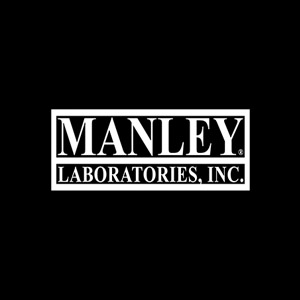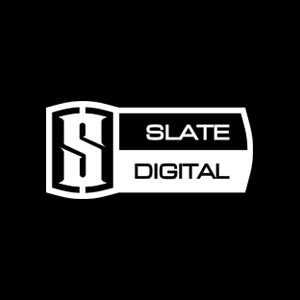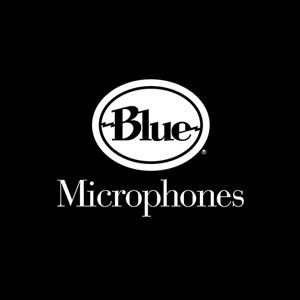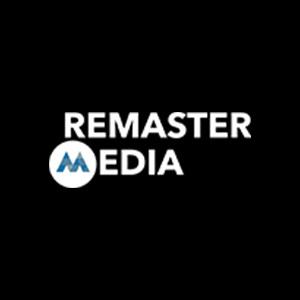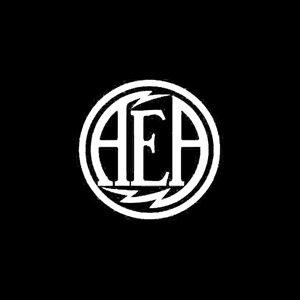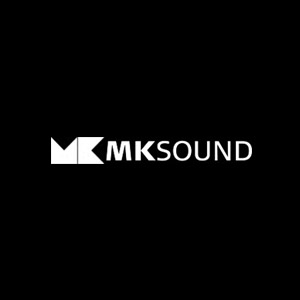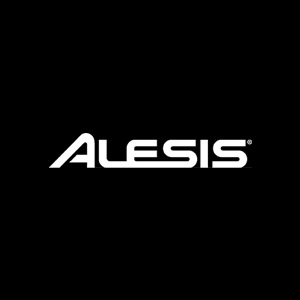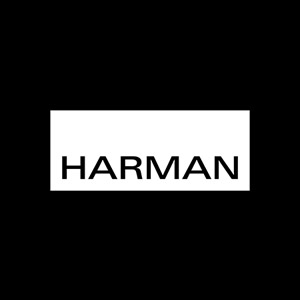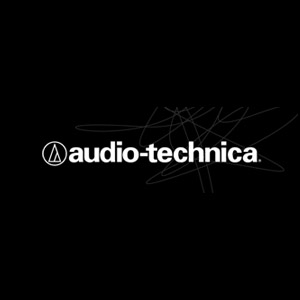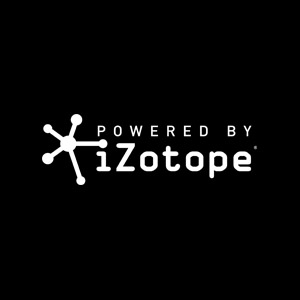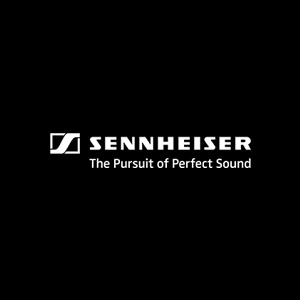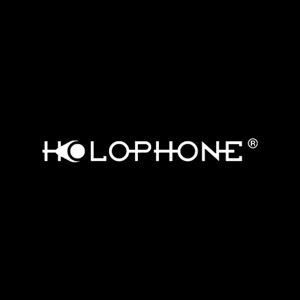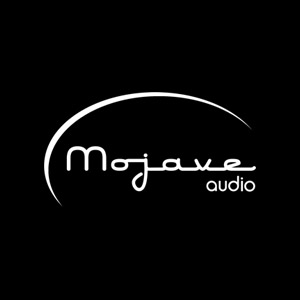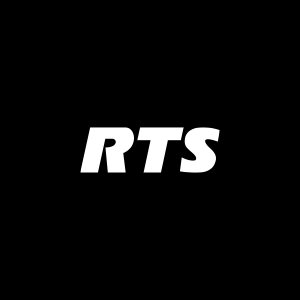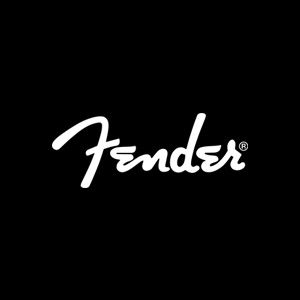CRAS Grad Panel Recap
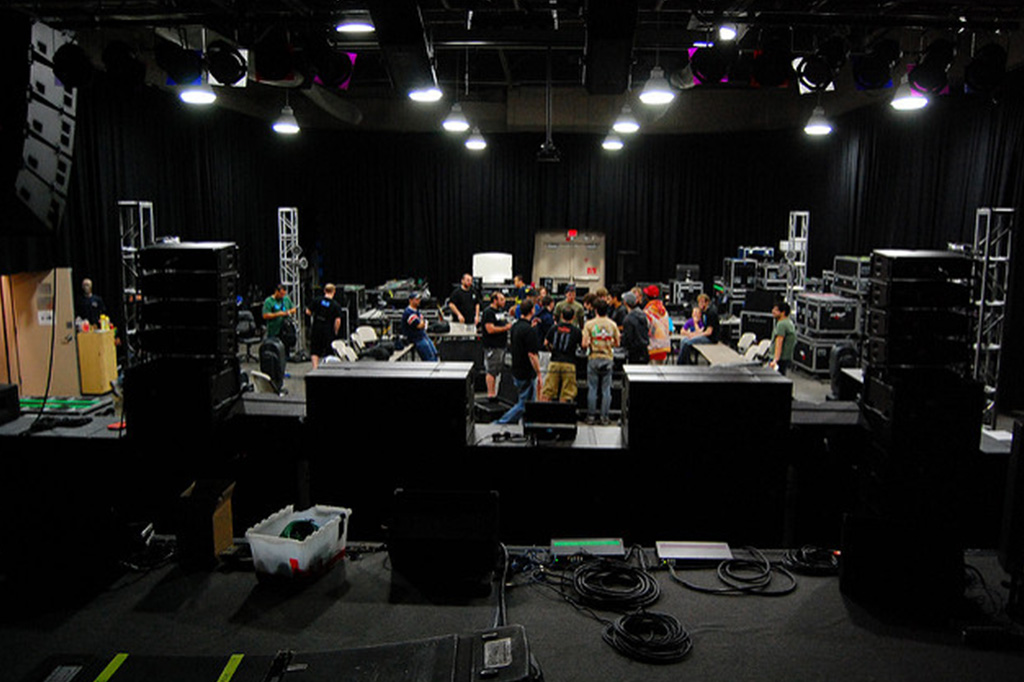
Tonight for a special Grad Panel event, CRAS is happy to bring back 4 of our graduates who are actively employed in the audio industry to share their stories with current CRAS students. All of these individuals have gone through the program and have risen to success.
In anticipation for this event, I put together a quick recap from our last stellar CRAS grad panel!
Andrew Monheim – Manley Labs
Eric Rennaker – Bedrock LA
Brian Stubblefield – Jelly Beans Audio
William Anspach – EastWest Studios
In preparation for this panel tonight, I wanted to share some of the outstanding questions and answers that we got on the last Grad panel we did earlier this year.
Becky Fimbres: Was the internship what you expected?
Eric Rennaker: In my situation, I interned at Westlake. I kind of had this idea in my mind that it was very intimidating because when you’re doing your research, you look for where you want to go, you look through the artists that have worked there, the records that have been made there, and so I was quite intimidated by just the list of amazing artists, and records, and producers, and engineers. It was everything that I expected it to be, just in the way of there being a very high level of work ethic and expectations from you. There’s no half-assing anything, you either give it everything you’ve got or nothing at all. I expected the studio manager to be pretty intimidating, and he was very intimidating person. But you know, you get to know him. It’s kind of one of those things where you’re new to a studio, and you do feel intimidated, but then you realize “OK, these are people who have been in pretty much the same exact position that I have at some point in their life.” You start to build your relationships with them, and start to network with them. That’s really one of the biggest parts about your internship, it’s just getting to know people, making connections with people, because that’s how things actually get done.
Jeremy Hinskton: Mine was really easy actually. 4th Street is a really chill studio, it’s not like Westlake or some of the bigger studios like that, so… It’s really cool, because here [CRAS] they teach you that when you get out, you’re nothing, you know what I mean? You’re just going to make coffee and clean everything. At 4th Street you did make coffee and clean everything, but you got to be a part of sessions. Every session that was there, [you were] setting up mics and doing patching if you got in good with the engineer, whoever was running it. So my experience interning was a lot different than that, it wasn’t intimidating at all. The only thing that was intimidating was not knowing something because you are fresh out of school. But other than that, the people were very chill, it was a very easy work place so it was nice to get a lot of hands on stuff going on there. Except it’s freelance, so you don’t get paid for anything, there’s no runner, so you gotta work, work hard, and work long.
Andrew Wuepper: I would say that the most important thing about when you get out there to intern is to keep an open mind. When you get there, you’re literally nothing, like you’re invisible. But the way I approached it was to always be the best at whatever job I was required to do. When you get there, in your mind you have this goal that you want to be the best possible engineer that you can ever be. But when you get your internship, you have to be the best floor mopper, the best phone answerer…the jobs there aren’t necessarily glamorous, but you have to approach it like you are going to be the best that ever did this. Like, if I was called upon to clean one of the lounges, when I walked in there I would be like “this is going to be the cleanest lounge in the entire city of Los Angeles.” And you do that. Sometimes it can get frustrating because you feel like it’s completely unnoticed, like nobody pats you on the back, nobody says “hey, great job on the lounge.” But it doesn’t go unnoticed. So, to persevere and realize, and keep in the back of your mind, that even though you’re putting in all this time that seems like nobody’s noticing it, somebody is noticing it. And one day, just out of the blue, all of the sudden, someone’s going to be like “Hey, you. You cleaned that lounge six months ago, it was the best lounge I’ve ever seen. Get in here, get on this session, work with this guy.” And you’ll be like, oh shit…you’ll be thrown off by it. But that’s kind of how it works, or that’s how it worked for me. When I got my opportunity, I never in a million years was expecting to wake up and get that opportunity. I was thinking it was going to be a year from then, two years from then. But all of a sudden it just pops up. You never know what’s going to happen.
Everything that you do, every way that you conduct yourself within the studio and the professional environment, you have to be the best that you could possibly be. The best food runner, the best everything, and that’s going to carry over to when you move up the ranks. You become the best assistant, to the best engineer. All those things. There’s a reason why this system has been built this way over decades. It’s because that’s the way that it has always worked. That’s how you find the people that can do it.
Jeremy: That’s also what’s expected of you. Everybody above you already knows because they’ve done it.
Maggie O’Brien: I think that even if you’re not the best, you’ve got to be the most enthusiastic.
Andrew: Yeah, you’ve got to think you’re the best.
Maggie: You’re going to do the shittiest things you can ever think of, but if you’re like “God, this is the best thing that I’ve ever done”, that also shines through. There’s going to be things too, that you’re probably not qualified for, not comfortable doing. But yeah, it’s like, I’m all in, I’m willing to do this. The skill set, absolutely that’s important, but you can’t forget about attitude either.
Andrew: You have to walk into a room acting like I was always taught…I was always taught as I was coming up that if you walk into a control room, act like you are supposed to be in there. You throw people off when you act all uncomfortable. Even if you’re not supposed to be there, you carry yourself like a professional, even if it’s your first day on the job, and people will notice that, and respect that.
Becky Fimbres: I want to piggy-back on something that Andrew said earlier about A-list versus B-list studios. If you work hard and you get into these A-list studios and you mess up that one time, it could be over for you instantly. You have to face that reality. In a smaller one, sometimes maybe you get that extra little “OK, you messed it up. Just don’t do it again,” kind of pat on the shoulder, but we’ll be watching you. You have to take all of these things into consideration when you’re thinking about big studio versus small studio, and again it’s about educated, researched decisions.
Andrew: The research, to even pile on top of that too…The homework never stops, even after you’ve picked your internship. When you get to a studio, do research on who works there on a regular basis. What producers, what artists? When you’re there for a month or two, or three months, four months, you start to see that most studios are a revolving door of the same clients. A lot of clients like to stay close to home. So figure out everything you possibly can about everybody who works there. What temperature they like their coffee, what chinese food restaurant they like to eat at. If they’ve fired people for stupid stuff in the past. Anything you can do to give yourself an advantage. You’re competing with everyone else in the city, and like he said, Los Angeles is a very competitive market. You have lots of kids out there and lots of people all gunning for a small amount of jobs. So whatever you can do to give yourself an advantage over any of them is what you need to do.
Becky: How important is networking?
Eric: Extremely.
Andrew: It’s everything. Resumes don’t mean anything.
Eric: Networking…one of the most interesting things about working in music, one of the interesting things I’ve found out the most is that I get more clients based off of my friendships with them than any other thing. You come to the realization that nobody wants to spend twelve hours in a room with somebody they wouldn’t want to go get a beer with. I wouldn’t want to hire somebody that I don’t want to hang out with. It’s a comfort level, you’ve got to understand. A lot of the artists there, that’s their creativity. They are paying a lot of money to work in a studio and be creative and just let their ideas flow out, and they can’t do that if they don’t like the person they’re working with. Even then, the networking thing…Speaking of LA, LA is an entertainment town. Even if it’s somebody in film. I meet people in parties and it’s like, “Oh I do film, but I have a friend who is a musician. He’s looking at making a record.” Boom. Client. Shoot, sitting in a Starbucks…I got one of my best gigs sitting in a Starbucks. I overheard a conversation from the table next to me and the guy was bitching about these mixes that this other engineer did. All I did was finish my coffee, and I walked up to him while he was still on the phone and I put my business card in front of him. And he called me two weeks later and it was a month [long] gig. So it’s like the weirdest things. Even when you’re out at a bar, you’re still working because you never know who you’re going to run into. You never know who you’re going to meet. Networking is everything.
Jeremy: Like Andrew said, resumes really don’t matter. They don’t really, you know? When you go through this school and everything and get all the certs…There’s a ton of certs that you can get. I did the same thing, I was like “I’m gonna get every one of these certs and I’m gonna be bad-ass.” I did all that. But when you get out there it doesn’t really matter what certs you have. It’s good because it helps you get through these programs and start to learn these programs. When you get out there, no one cares that you have a piece of paper, they want to see what you can do. So it doesn’t really matter. If you can do it, good, keep on it. If you don’t use it, you lose it. I remember I was doing a session with my boss, it was a small thing. You know, I was Tier 5 Pro Tools and everything like that. So I get out there and I’m doing the session, and I wasn’t working on Pro Tools for a long time, like a year and a half. And I’m sitting there doing this, and I’m like “How do you make a marker?” And I had to ask my boss how to make a marker. In Pro Tools. A Grammy winning…I felt like an idiot. But then again, when you don’t use it, you lose it. So keep on it. Don’t think that just because you have these certs and these pieces of paper that you’re ahead of the game, because there’s a bunch of people that are better than you still. Be humble.
Eric: Also adding to that, you never stop educating yourself. Never. If there’s a new program that comes out, you learn it. If there’s a new plug-in, you learn it. If there’s a new pre-amp, different EQ design, whatever. Learn it. It’s just another tool, you know? I keep asking people…does anyone here know Ableton? [three people raise their hands] Ooh, that’s depressing. Yeah, learn it. I can’t tell you how many artists come in with Ableton. It’s ridiculous.
Andrew: And to me, that’s one of the funnest things about this gig. The technology moves so quickly. The tools are remade and better tools are made. You can never stop learning. I work with guys who have been doing this thirty years and they still learn something every day. Every mix I do I learn something that I didn’t know the mix before. Every song you get is a new challenge. It’s a new approach. That’s the best thing about this. You have a regular job, you go and sit in front of a computer and do whatever, you do the same thing every day, but that’s not the case with this gig. It’s always changing. The sound of music is always changing. Who would have thought that EDM would be on Top 40 radio two years ago? Three years from now, what’s music going to sound like? We don’t know. That’s the beauty of it. But you always have to keep yourself sharp with the tools. These days, with how accessible Pro Tools and these programs are, with your laptop and everything, there really isn’t an excuse. Getting back to what he said about staying sharp…you don’t have an excuse to not be sharp. You may intern for 10 hours a day, and you can go home and sleep for five hours, or you can spend three hours on Pro Tools and sleep two hours. Your competition is going to sleep for two hours. So you gotta do the same, or sleep for one hour.
Crowd Question: What’s your internship nightmare story and what did you do to resolve or fix that situation?
Callie Thurman: I didn’t have an internship nightmare, but I had a few runner nightmares. I’m originally from Texas, and when I came here this was the biggest city that I’d ever been in. I’m from west Texas, and then I moved to LA. I’m not used to parking garages, I’m not used to paying for parking, I’m not used to four story malls in the middle of Hollywood, so… I had to go on a run for our ADR stage. They had ordered pizza. It’s in this mall. First of all, it took me forever to figure out how to get into the mall and park and find where the pizza is. Next thing I know, I’m getting the pizza and I don’t remember where I parked. So I have the client’s food, whatever actors were in the studio, and the ADR mixer’s food who is veryparticular about his lunches. And there I am, lost in this four story mall, just no idea of where my car is. So I’m on the brink, I’m already starting to tear up a little bit, freaking out. I think they were trying to call me, people at work thought I had gotten into a wreck. They started to get worried because the clock was ticking. Finally I find my car and then I go to get out of the parking garage, and they go “Alright, that will be $2.50.” No money. And then instant tears. Just crying, “Oh no, I’ve messed this up!” But the poor lady at the parking meter felt sorry for me and let me go. I finally get back and the food’s cold, everybody thought I was in a wreck, I felt terrible. Luckily for me, they were all very nice but you know, it was just the big city and I wasn’t used to it. And I had to learn the hard way to be prepared. Google whatever you need to to figure out where you’re going. The quickest, fastest possible way and remember where you park your car.
Eric: I saw a guy get fired over a piece of cheese. He forgot to get American cheese on a sandwich. The producer opens up the sandwich and said “where my motha-f***in’ cheese at?! Get out of here.” Never saw that guy again. A slice of cheese.
Becky Fimbres: Don’t they call that pre-production? Planning? Horror stories are great, but I want you guys to share your “this is why I do this” moment. Like that one moment in time where you’re like, “You know what, this is worth it all.”
Eric: The best session of my life. Well I got called to assist a session, and the manager told me who it was. Basically I was assisting a session that Quincy Jones was producing. It was Herbie Hancock playing piano, Nathan East playing bass, Vinnie Colaiuta playing drums, and Paul Jackson Jr playing guitar. If you don’t know who any of those musicians are, they are basically the A-list of the A-list session players – of all time. To me that was the most amazing experience of my life. Right from the first note…you know, the engineer, he was 75 years old. He had done Frank Sinatra records. And it was Quincy Jones producing. From the first note it was nothing but perfection. To me, that is what I love seeing. Great musicians, great engineers, great studio, great gear, great music. It can’t get any better.
Jeremy: Yeah, I would definitely agree with her. Seeing your name roll up on TV or something like that. I’ve had a couple of those that was really cool. You take a screenshot or you gotta download it online. I guess probably my favorite moment, man I’ve had a bunch. I’ve worked with a lot of people. It’s crazy, but my favorite one would have to be the 12/12/12 concert that we did in New York last year for Hurricane Sandy. So Roger Waters is out on stage jamming, and I’m finishing up setting up the Rolling Stones, they’re coming up next. I’m getting everything patched up and once I’m done with their drums and everything I have about another 15 or 20 minutes before the stage turns and it’s the Stones. So I’m done, and they’re playing “Brick in the Wall”, you know, we don’t need no, education. And I’m sitting there jamming watching the screen with Roger right behind me. I’m jamming out, playing the air guitar and stuff. Adam Sandler is standing next to me, and he is playing the air drums, and we are both just singing we don’t need no education, banging our heads. That’s surreal. You set up the Stones, Roger Waters is there and you’re jamming with Adam Sandler. I don’t know where to go from there. That’s nuts! I thought Metallica was that, but it wasn’t. That’s nuts, Roger Waters. Never would have thought, like he said, sitting there like you guys. I never would have thought in my whole life that I would be able to tell Paul McCartney “hey, play your bass. I gotta make sure my truck has got it.” I mean, how often do you get to tell Paul McCartney what to do? Then he gave me the set list, and signed it.
Crowd Question: I just had a question about interning and being a new hire. I know the basics of it, like you guys are going through the whole better to be invisible kind of stuff. But from experience, do you know of any interns who had a wow factor? Like, I knew you were going to be good because of this, or I saw this in you that I didn’t see in someone else.
Maggie: That kid that pulled out a notebook was a stud in his interview. Then he knew our entire product line. He did stuff before I had even thought to ask for it. You have to make yourself a commodity. So many people are willing to intern, look at how many people are in this room. You’re all going to be an intern. But what’s going to make you stand out from everybody else? You need to find your niche and capitalize on it. And you need to find out who you are working for and what they are into. That’s the best advice. You have to people watch. Even to play on the invisibility factor, you’ll get curveballs. I worked at a private studio and when the engineer interviewed me, he was like listen, the artist is really artsy. He doesn’t like a lot of people, so when you meet him don’t talk to him. Just be invisible, be a fly on the wall. I pulled up into the driveway, and dude was sitting outside. They guy gives me a huge hug and I’m like I’m not supposed to talk to you! He invites me in for tea in his study and he’s showing me all his artwork and stuff. You just have to be ready for those things. Be quiet, but also pay attention and know when it’s OK to talk to those people. But I’d really say find your niche. If you can find out something that your boss loves and you can do that without them realizing it, or find out what they hate and never do that.
Andrew: That’s what I was going to say. Anticipating people’s needs. I had an assistant one time, and when I came in I asked for some coffee from Starbucks. I dunno, some iced Americano or something. And every day after that when I came in, that coffee was sitting by my Pro Tools rig. I mean, some of the days I didn’t want it, but the fact that he remembered that and it was just there…Just being able to see what people want, what they like, without having to ask them. Just knowing. That’s definitely a wow factor, those are the types of things that get you noticed. When I showed up and I saw the coffee, I was like oh shit! I didn’t ask for this but the fact that someone went out of their way to get it for me. That is the type of thing that makes me go and ask the receptionist who got this for me? Because they are the shit. Especially when you work with engineers who were interns, because they see interns doing things like that, and they think that was something that I would have done as an intern. That makes me notice that intern for sure. Then once you’re on the radar, then I start watching them all the time. So anticipating people’s needs is a good way to get people’s attention as an intern, without being all up in their face. You don’t have to get their attention all flashy like. You get to be behind the scenes and get their attention by anticipating their needs.


